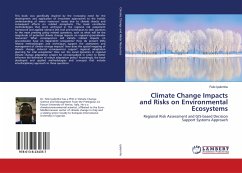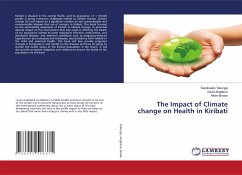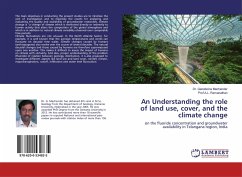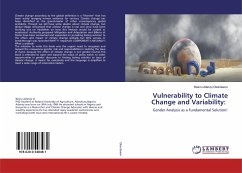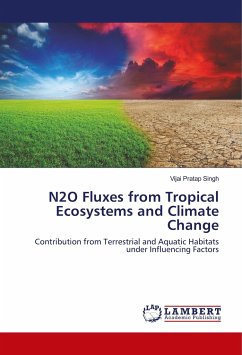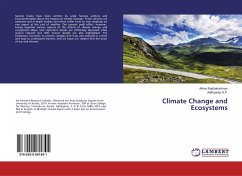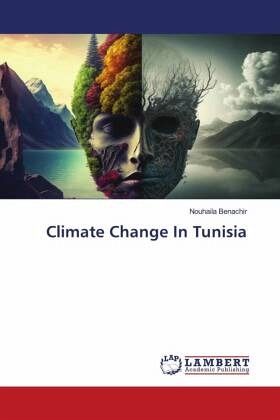
Climate Change In Tunisia
Versandkostenfrei!
Versandfertig in 6-10 Tagen
45,99 €
inkl. MwSt.

PAYBACK Punkte
23 °P sammeln!
Tunisia, a lower-middle income country located in North Africa on the southern Mediterranean, is vulnerable to climate variability and change in numerous ways. Stressors such as rising temperatures and varied precipitation levels coupled with potential increased frequency of extreme events, such as floods and droughts, could threaten agriculture, economic development, and availability of water resources throughout the country. Tunisia's susceptibility to climate variability and change is also tied to its reliance on agriculture and tourism. Sea level rise threatens the water-scarce, low-lying ...
Tunisia, a lower-middle income country located in North Africa on the southern Mediterranean, is vulnerable to climate variability and change in numerous ways. Stressors such as rising temperatures and varied precipitation levels coupled with potential increased frequency of extreme events, such as floods and droughts, could threaten agriculture, economic development, and availability of water resources throughout the country. Tunisia's susceptibility to climate variability and change is also tied to its reliance on agriculture and tourism. Sea level rise threatens the water-scarce, low-lying islands off Tunisia's coast, where climate change will likely exacerbate existing water security challenges and may also result in coastal erosion and increased evapotranspiration due to rising temperatures. The energy sector was the primary emitter. Within the sector, electricity, heat production, and transportation comprised the majority of energy emissions.




